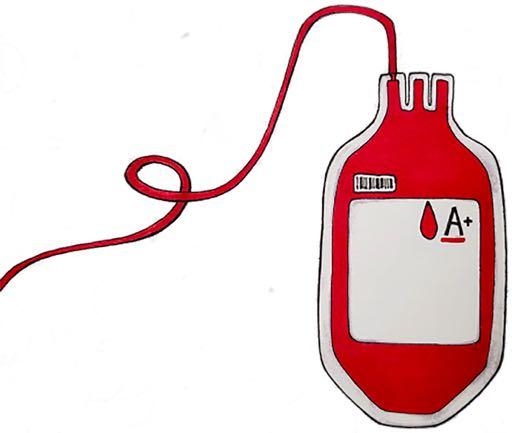The Problem with Promising Young Woman
Written by madelyn mulreaney art by xinyi xu
CW: This piece discusses violence against women and sexual assault as well as reveals spoilers
F
rom the moment I first saw the trailer for Promising Young Woman, I was hooked. I was so excited to see the film that I didn’t even mind shelling out $20 to watch it On-Demand; however, that purchase was a lot harder to justify after actually having watched the movie. The trailer promised me that at least one would-be rapist was going to die, but instead, I watched Carey Mulligan’s Cassie give men some stern talking-tos for an hour and fifty-four minutes, only to watch her get brutally murdered in the finale. I couldn’t help but feel like I had been tricked. What was the sense in taking so much time to make the movie seem like a feminist film, only for the last thirty minutes to completely tank all of those themes by killing off the main character? To say the movie left a bad taste in my mouth would be an understatement, and all I wanted to do was warn people to change their expectations before watching it. Promising Young Woman did have some things going for it—namely, the brilliant artistic choices made throughout the film, such as the cinematography and the setting. The film had a gorgeous color palette that juxtaposed against the sometimes-horror movie, sometimes-bubblegum pop score and soundtrack. The use of blues and pinks both in the lighting design and the set & wardrobe subtly communicated gender and power dynamics throughout the film, making the woman-centered themes foundational to the storytelling. The movie also showcased actors that are typically cast as gentle male characters to play
on the audience’s preconceived notions of the ‘nice guy’ archetype, in order to drive home the film’s criticism of how any guy could become violent. Emerson alum Gina York gushed about these casting choices, saying, “Adam Brody usually plays such sweethearts! So, when I was watching the movie, I remember texting my friend and saying, ‘Adam Brody’s not going to assault her, right!?’ because I couldn’t believe that Adam Brody could do it.” Despite the good things happening in production, the film’s first set of flaws appear in the execution of Cassie’s revenge plans. Cassie’s outlandish idea of revenge was to inflict as much trauma onto others as what was inflicted upon her and her childhood best friend Nina while in college, which is fundamentally troubling. “I have a lot of ethical problems with the movie,” said Laura Abell, a junior social work major at Millersville University. “You can’t solve violence and harassment with more violence and harassment.” However, the film fails to properly condemn Cassie’s problematic response—and since the only ‘justice’ we really see Cassie execute is through causing trauma to others, the film isn’t putting out a positive message about this reaction. My particular issue with Cassie’s revenge is that she only manages to actually inflict trauma onto other women, which is counterproductive to the seemingly feminist message of the film. There’s no justification for letting Madison, played by Alison Brie, believe that she had been assaulted for half the film just because she had perpetuated rape culture, nor was there any reason to kidnap a minor and then lead a woman to believe that her daughter was going to get gang-raped by a pack of college boys. Those

























